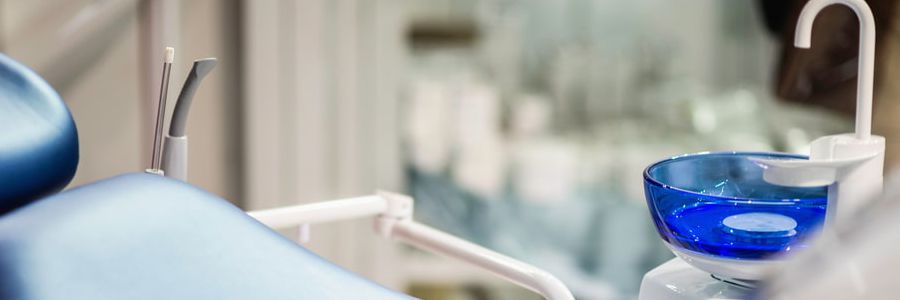How long does a veneer procedure take?
The duration of a veneer procedure varies based on your individual circumstances. This means that we cannot provide an exact time frame for your surgery.
You’ll likely need more than one appointment to have your veneers fitted, which may take up to three weeks. However, each appointment should be fairly short, taking up to an average of 30 minutes.
How many appointments can I expect when undergoing a veneer procedure?
We’re unable to state exactly how many appointments your treatment may take, as this is highly dependent on the situation and the work needed. However, in most cases, you should expect anywhere between two and four appointments to complete the necessary work.
The answer to this question may also depend on the type of dental veneers you choose to go for. Composite veneers often require fewer appointments, and can sometimes even be completed within one visit to your dental practice. However, porcelain veneers may involve numerous steps/appointments to complete.
If you are unsure and would like to find out more, please speak to your local dental practice so that they can assess the situation.
What should be covered in my consultation?
Before treatment is carried out, your dentist will need to assess your situation. During your preliminary consultation, your dentist will determine whether you are a viable candidate for veneers and evaluate your dental health. Your dentist will also create a suitable treatment plan and gain informed consent from you, which also includes notifying you of any risks, side effects or alternative treatments.
If your dentist decides that veneers are a suitable option for you, they will go through a thorough review of your treatment details. You should also be given the choice over the length, colour and material your veneers are made from. Your dentist will then book your first veneer appointment.




